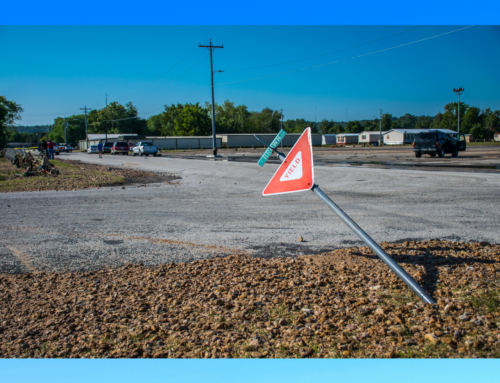By Nimbalasha Cushing
The director of Niles District Library, Nancy Studebaker, is just what you would want in a librarian. Her spacious, bright office reflects the personality of the woman who works there. I met Nancy near the end of the workday and she was as welcoming and vivacious as I imagine her to have been at lunchtime.
In March of this year, Bonnie Bazata, executive director of St. Joseph County Bridges Out of Poverty, along with two members of her staff made their way to Niles and conducted a training workshop for Nancy and her team.
The impact made on the participants became clear in follow-up conversations that took place in staff meetings. According to Nancy, once they understood the basic Bridges concepts, “We asked ourselves what role we might play in better serving the poor in our community. We knew that access was often a hurdle for those in poverty. Sometimes transportation makes it difficult or even impossible to get to the services many of us take for granted.”
After sharing ideas and new insights based on their recent exposure to the Bridges philosophy, they came up with a new chapter for the library called Read and Return – a great new community development program!
Five nights a week, a generous number of books are selected from the more than 1,200 donated by Better World Books. They are then categorized in an oversized wagon that has a two-foot tall, see-through wire screen on all sides to hold the books in place. Covers with lots of color and eye-catching figures face outward drawing the attention of children playing in their yards or a nearby park. Surprisingly, Nancy noted, the interest does not stop with the children as several patrons are in their teens. The vehicle is sturdy and built to traverse back and forth over the uneven sidewalks. As it turns out, the library is located in the center of the neighborhoods Read and Return is designed to serve.
Tara Hunsberger, a reading specialist who drives in from Three Rivers, and Trina Rodriguez, who speaks both English and Spanish, accompany one, and sometimes two members from the library with the loaded wagon in tow. From 5:30 to 7:30 in the evening, they interact with anyone who approaches them or looks interested. Whoever wants a book gets one. “Please return the book to the library next time you come in,” the kids are told. Nancy says they try to make the request sound as if visiting the library is a routine part of everyday life for these new users.
On average, 100 books are handed out each night but as many as 187 have gone out in one evening. Whether or not the books are returned does not diminish the library’s inventory. The goodwill and relationship building that is taking place is far more significant than any due date.
Next year, Nancy would like to get the program started earlier, perhaps during the last week of school and run it for four or five weeks. She hopes that thereafter, kids, teens, and adults will make their way through the doors of the neighborhood library possibly for the first time. And just think—it all started with a concept enthusiastically shared and received by two organizations that want to make sure that all of the community has access to the wealth that is housed within our public libraries.
Nimbalasha Cushing is a Getting Ahead graduate, an ally, and the author of “Come This Way: There Is an Exit,” available from bookstores.








